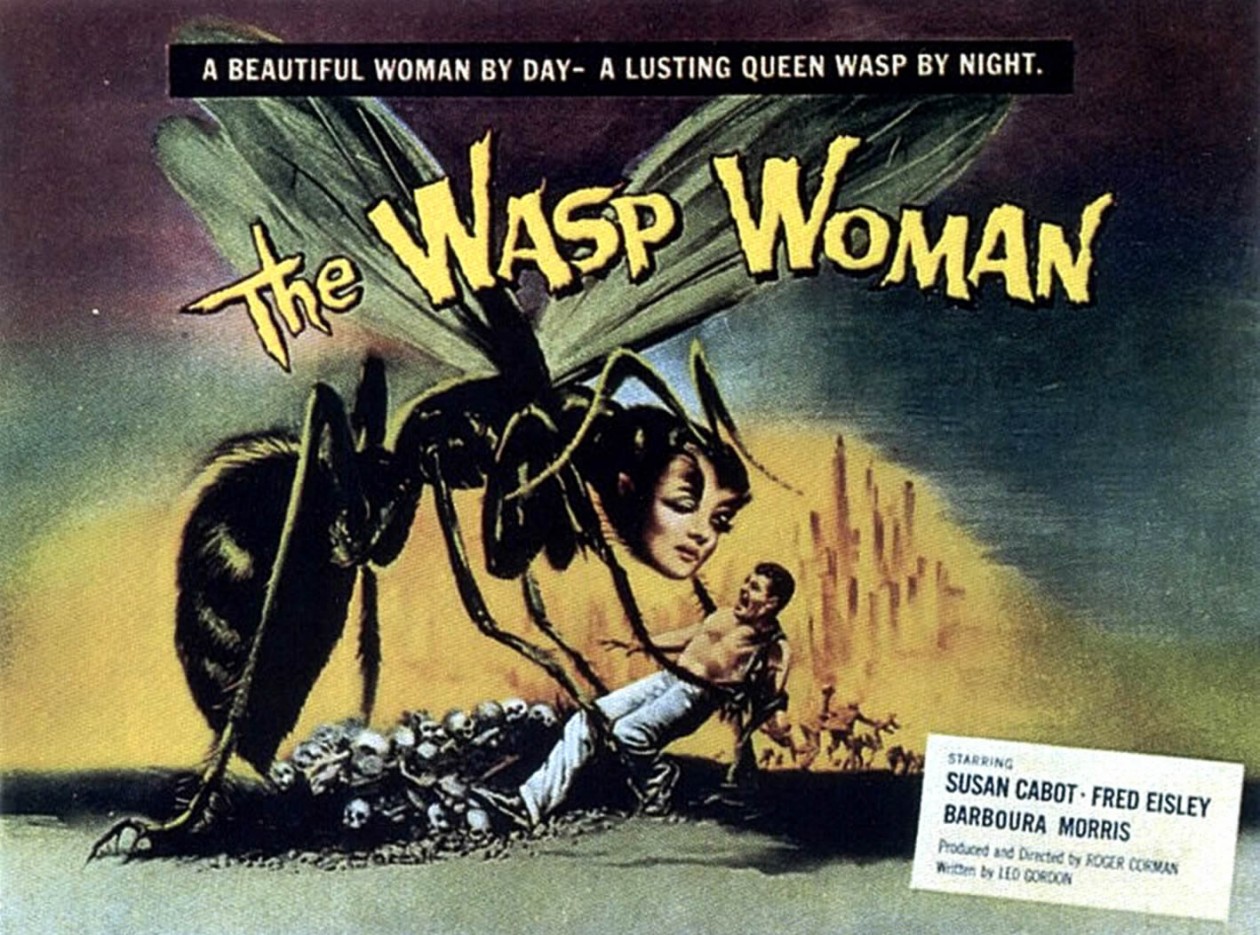It’s all about the mother/daughter relationship.
In Freud’s theories of sexuality there is an important phase in young development that occurs in both sexes. This is called the Oedipus Complex. In boys it is very simple: boys first love mom, then begin to see father as a threat and competition, and then begin to hate father.
In girls it is more complicated. In girls they first passionately love their mother, then move away from them and then transfer this love to the father.
Freud’s main point in this paper is analyzing and conjecturing about how/why this split from mother to father happens.
This love for their mothers is very strong and lasts much longer than it would in boys. The mystery is then, why the daughters eventually hate their mothers.
A big part of it comes from the castration complex. When a girl is little there is a point where she realizes that she does not have a penis (or what Freud says “the consequent superiority of the male and her own inferiority”). There are 3 lines of development that can come from this for the girl:
- The girl turns her back on sexuality altogether
- The girl becomes focused on the idea of eventually getting a penis. She begins to embrace her masculinity. In extreme cases she can become gay
- the normal feminine attitude in which she takes her father as the love-object (the Oedipus complex)
There are many reasons why Freud guesses why daughters turn on their mothers:
- jealousy of others (father included) and an unsatisfactory love (from a childish all consuming love) makes the daughter find another love (the father)
- the girl blaming her mother for not being male/having a penis.
- Associating the mother for exciting then stopping her sexuality (when she’s young with her phallic masturbation by accident when cleaning the child)
- The mother didn’t breastfeed long enough
These all lead to the daughter eventually turning away from the mother and going towards the father. This really develops a woman’s sexuality. For instance, although she may choose a husband that reminds a woman of her father, she eventually may treat her husband with hostility/love of her mother. There are still a lot of things that are unsure (some psychologist think that boys and girls Oedipus complex work the same way), so even Freud who is sure they are different, cannot say for sure what occurs during/after this split.
My Question:
In The Help we see many different types of mother/daughter relationships of many different ages. Do we see evidence of the young mother love and do we see evidence of the hated mother relationship?
Also is this theory complicated when there is more than one mother in the case of the help raising these children?
